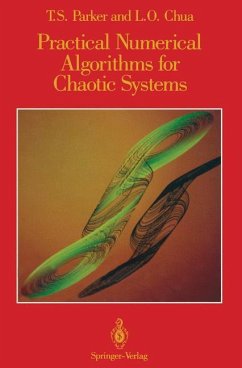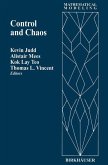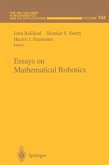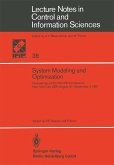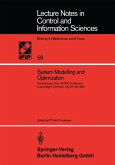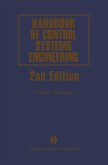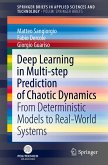One of the basic tenets of science is that deterministic systems are completely predictable-given the initial condition and the equations describing a system, the behavior of the system can be predicted 1 for all time. The discovery of chaotic systems has eliminated this viewpoint. Simply put, a chaotic system is a deterministic system that exhibits random behavior. Though identified as a robust phenomenon only twenty years ago, chaos has almost certainly been encountered by scientists and engi neers many times during the last century only to be dismissed as physical noise. Chaos is such a wide-spread phenomenon that it has now been reported in virtually every scientific discipline: astronomy, biology, biophysics, chemistry, engineering, geology, mathematics, medicine, meteorology, plasmas, physics, and even the social sci ences. It is no coincidence that during the same two decades in which chaos has grown into an independent field of research, computers have permeated society. It is, in fact, the wide availability of inex pensive computing power that has spurred much of the research in chaotic dynamics. The reason is simple: the computer can calculate a solution of a nonlinear system. This is no small feat. Unlike lin ear systems, where closed-form solutions can be written in terms of the system's eigenvalues and eigenvectors, few nonlinear systems and virtually no chaotic systems possess closed-form solutions.
Bitte wählen Sie Ihr Anliegen aus.
Rechnungen
Retourenschein anfordern
Bestellstatus
Storno

